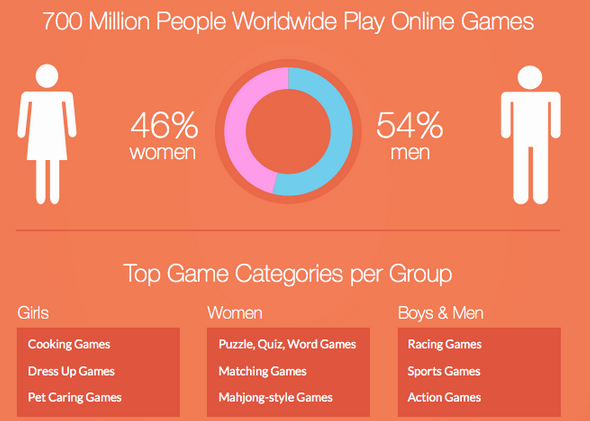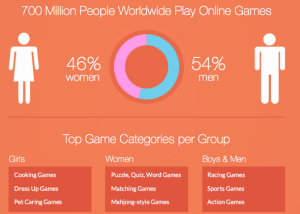Adam House, host of TEFLCast, breaks down the fundamentals of online gaming within virtual worlds, and we uncover some striking parallels with the basic tenets of teaching and learning.
Part One
Exploring Adam’s Xbox 1 system, the discussion revolves around the broad appeal of online games such as Destiny and Dragon Age Inquisition. Apart from the horror genre, Adam also enjoys RPGs (Role Player Games). These are story-based games, where players control a custom-made avatar. They are intimate and immersive, going very deep in terms of story-telling, and require a lot of time to play.
What makes Online Games Immersive?
Interaction – converse with NPCs (Non-Playable Characters) characters via text and/or voice; what they tell you advances the story
Rules & Goal – limits to what you can do and where you can go, goal(s) to achieve
Difficulty – obstacles between you and the goal; bad guys
Completion Time – 50+ hours to play the game; the longer, the more immersive
Advantages of Online Gaming
Scientific research shows that gameplay helps us produce:
– positive emotions (such as optimism, curiosity and determination)
– stronger social relationships (when we play with real-life friends and family – especially if the game is co-operative)
– problem-solving resilience — so we learn faster from our mistakes, and become resilient in the face of failure (Jane McGonigal, TEDTalk).
Online Gaming Statistics
According to the statistics – everybody’s doing it! With 1.2 billion gamers out there, and 700 million games online, the industry is a force to be reckoned with.
The average cost of a game is $50-60. It sounds expensive, but this is a price Adam is prepared to pay, getting 50+ hours of entertainment in return. If we include online games as part of the global entertainment industry, then it dwarfs Hollywood, in terms of profit. Adam speculates that any big budget game matches, and often doubles, big, Hollywood productions. Indeed, 2014 Global Gaming Stats: Who’s Playing What, and Why? confirms that in recent times, game sales ($24 billion) have outpaced movie box office sales (just $10 billion per year). In this way, games are a serious competitor to the entire tv/film industry, and yet, it seems to me, online gaming still remains very underground…
The Next Step in Gaming
Technology to enter free-thought into your online gaming experience is not there yet, but enough is there to enhance the story. No Man’s Sky is a big experiment to take online gaming to the next level. The developers are sowing the seeds of a new universe, and letting nature grow itself. The idea is that they provide the basics, planets, air, etc. are provided. And the hope is that that the players will contribute and build the very environment, and life, that they desire. An ever-growing universe, if you will. But for Adam, with online games, you have to have ‘the rules’, and bad guys to destroy. This “fun” is the attraction of the game. Otherwise, there will be complete anarchy. Therefore he is curious to know how this new game, which sounds like there are no enemies, will unfold.
My Thoughts
It’s very interesting to note Adam’s requirement for rules. One would think that immersing yourself in an environment where anything is possible, where you are able to run faster, jump higher, and do all sorts of unimaginable feats, that the last thing you would want to do, would be to follow the rules, right? Is this a very human trait? Is this art imitating life? Or life imitating art?
I very much like the idea of the yet-to-be released game, No Man’s Sky, in terms of social constructivism. An environment where individuals co-operate together to create and build something for the common good, sounds very appealing. Indeed, I identify strongly with the concepts of learning by doing, and learning through interaction with peers. The idea of constructing a shared culture, with shared artefacts and shared meaning, is something, I hope, I will be able to re-imagine within the confines of my own classroom, in the near future.
Sources
http://www.ted.com/conversations/44/we_spend_3_billion_hours_a_wee.html
http://www.geekwire.com/2013/gaming-report-12-billion-people-playing-games-worldwide/


